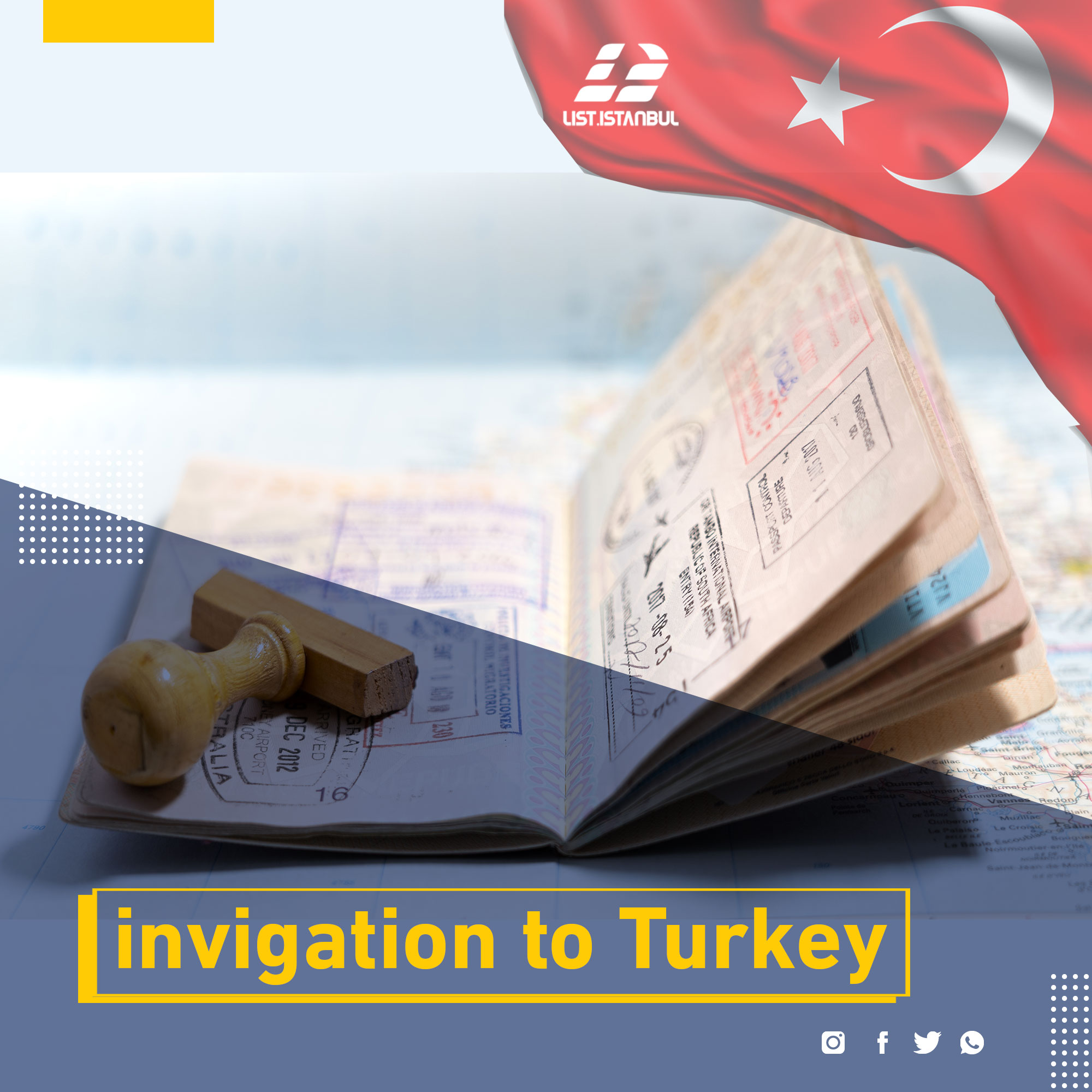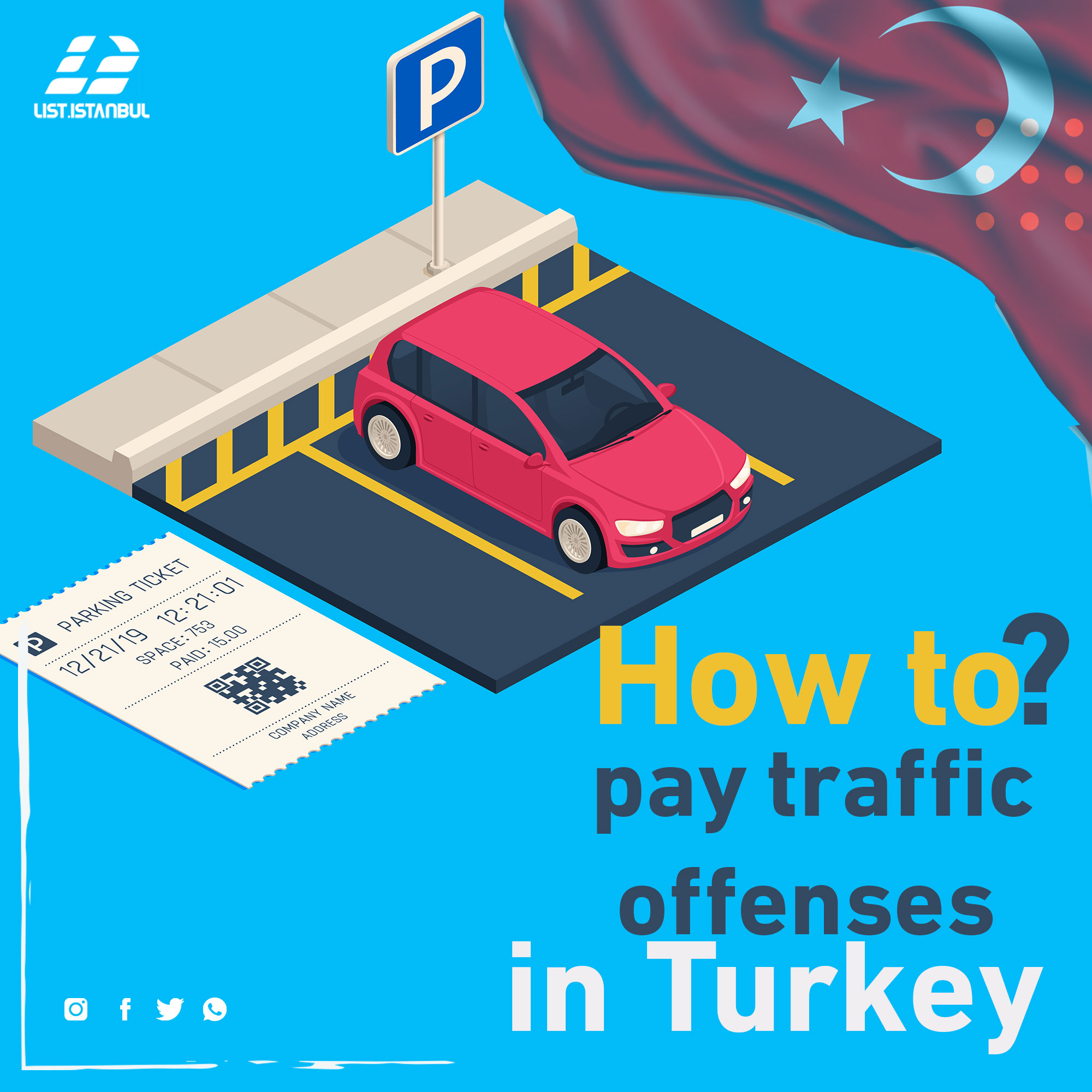The investment laws of Turkey are simple and in line with international standards, as well as equal treatment of all investors, thus encouraging investors to choose them as a preferred investment country. The investment law in Turkey consists of:
- Investment Promotion and Employment Law No. 5084.
- Foreign Direct Investment Law No.
- Regulations on the implementation of the Law on Foreign Direct Investment and Multilateral and Bilateral Investment.
- Regulatory laws related to the promotion of sectoral investments.
Legal framework for foreign direct investment
Law of Foreign Direct Investment (FDI) No. 4875
The Foreign Direct Investment Law No. 4875 aims to:
- Guarantee and protect the rights of foreign investors.
- Encourage foreign investors to invest their money in Turkey.
- Increase the volume of foreign direct investment on Turkish territory through simplified policies and procedures.
- Adopt the same concepts that define the definition of the investor and the definition of investment as stipulated in international standards.
- Establish a reporting system rather than a dependence-based system for FDI.
The Foreign Direct Investment Act provides a definition of foreign investors and foreign direct investment. In addition, the law explains the important principles of foreign direct investment, such as freedom of investment, how to deal with investors within the country, expropriation, nationalization of free transfers, national and international arbitration and alternative dispute resolution methods, non-monetary capital assessment, recruitment of foreign personnel and liaison offices.
Bilateral agreements
Bilateral agreements aimed at promoting and protecting foreign investments
Bilateral agreements have been signed aiming to:
- Encouraging and protecting foreign investments on Turkish territory from 1962 onwards with countries that have the potential to improve bilateral investment relations.
- To create an enabling environment for economic cooperation between the Contracting Parties by defining the criteria for dealing with investors and their investments within the borders of the countries concerned.
- Increase the flow of capital between the two contracting parties, while ensuring a stable investment environment.
- Describe ways to resolve disputes that may occur between investors and the host country successfully.
Turkey has signed bilateral investment agreements with 94 countries. However, Turkey is a bilateral state, which must ratify and pass the international treaty in order to become part of the national legal system.
Agreements on the Prevention of Double Taxation
Turkey has signed agreements to prevent double taxation with 80 countries. This provides for the possibility of offsetting the tax paid in one of the two States against the tax payable in the other State, thus preventing double taxation. Turkey continues to expand the area covered by the Convention on the Prevention of Double Taxation by adding more countries on an ongoing basis.
Social security agreements
Turkey has signed social security agreements with 26 countries. These agreements make it easier for expatriates to travel among countries. The number of these countries will increase in line with the increasing sources of foreign direct investment.
Customs Union and Free Trade Agreements (FTA)
The customs union agreement between Turkey and the EU has entered into force since 1996. The agreement allows trade between Turkey and EU countries without any customs restrictions. The customs union between Turkey and the European Union is one of the preliminary steps towards Turkey's full EU membership.
Turkey has free trade agreements with 37 countries, providing a free trade zone through which countries agree to eliminate tariffs, quotas and concessions on most goods and services exchanged. This explains why many international companies now use Turkey as a second supplier and manufacturing base, not only to the EU and rapidly growing Turkish markets, but also to the Middle East, Black Sea and North African markets, with the advantage of providing a relatively cheap labor force, Education, not to mention low-cost transport and communications.








